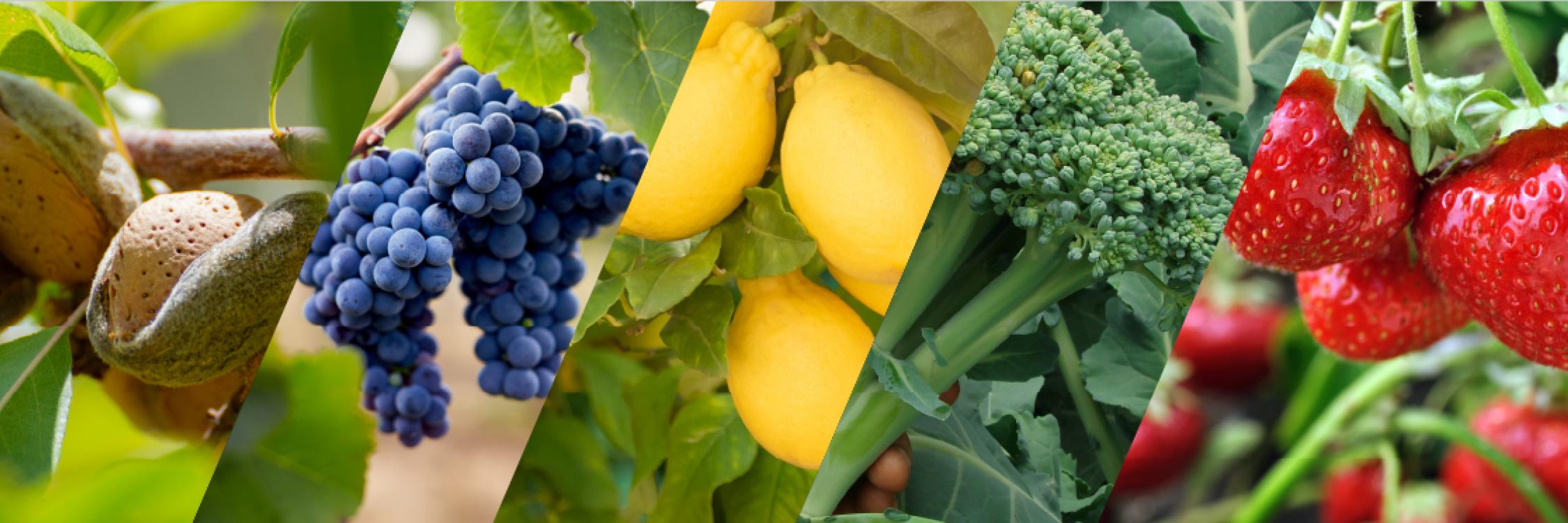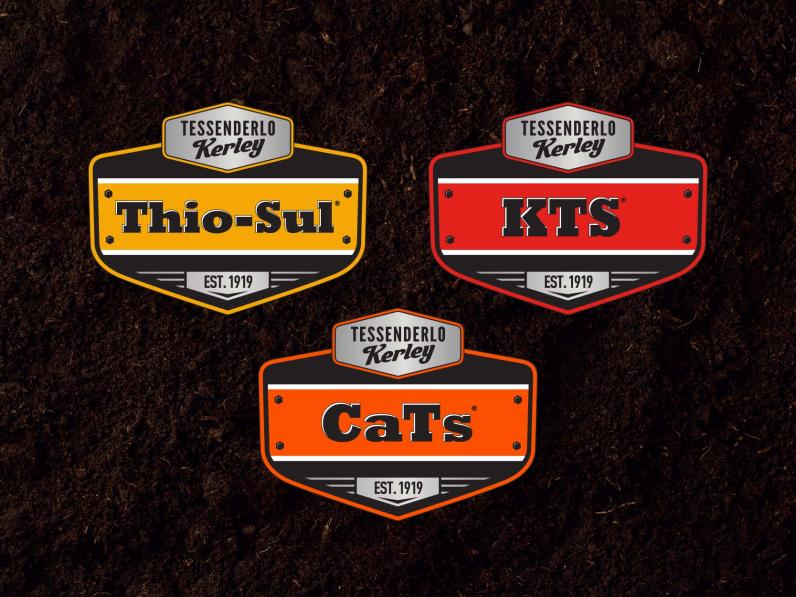
Enhancing California Agriculture by Harnessing the Benefits of Thiosulfate Fertilizers

In March of 1991, the first load of KTS®, potassium thiosulfate, was sold in the state of California. Since that time the product has steadily grown to become a standard potassium fertilizer in California agriculture. The staying power of KTS and its continued consistent growth to this day, is due to several beneficial factors. For one, KTS is a highly soluble potassium source that comes ready to inject in a convenient liquid form, but the real reason KTS is still as popular as ever in California may be much simpler. It consistently works! The conditions of most California soils are conducive to reaping the benefits that come from thiosulfate chemistry.
Currently, Crop Vitality produces and sells four Tessenderlo Kerley liquid thiosulfate fertilizers that are used across the state, including: KTS, CaTs® (calcium thiosulfate), and Thio-Sul® (ammonium thiosulfate). As versatile and effective nutrient sources, thiosulfate fertilizers offer numerous benefits that can immediately add value to the grower. A few advantages of incorporating thiosulfates into a grower’s nutrient program are:
Enhanced Nutrient Availability
Thiosulfate is a very active chemistry in the soil. As it interacts with certain nutrients, it causes those nutrients to become more soluble and thus more available to the plant. For example, iron sometimes exist in forms that are not very plant available, but by applying thiosulfate, the iron is converted to a form that the crop can more easily access. This has been shown to be the case with other micronutrients, and phosphorous as well.
Managing Soil pH
In certain areas of the state, excessively high pH is an ongoing challenge. High pH can affect nutrient availability, and most crops are not adapted to thrive in that environment. Adjusting pH can be a long and costly process. Thiosulfate, unlike sulfate, is an acid forming chemistry. This means that while you are delivering essential nutrients like potassium, nitrogen, calcium, and magnesium, you are bringing along with it an added tool to a pH management program.
Nitrification Inhibition
In California agriculture today, nitrogen is easily the most scrutinized nutrient input. Thiosulfate is a proven nitrification inhibitor, meaning that it will slow the conversion of ammonium-nitrogen to leachable nitrate-nitrogen. This can be advantageous by holding the plant available nitrogen in the upper profile for a longer amount of time. This gives the plant an extended window to access the nitrogen and can potentially reduce nitrate leaching. Demonstrating how this can benefit California growers will be a research emphasis in the years to come.
Beyond these three reasons, additional benefits to using thiosulfates in California, include, remediation of compacted soils, salinity management, increasing water infiltration, and of course providing essential sulfur to the crop. The benefits of thiosulfates have been apparent to growers in California for decades. As more growers continue to look to ways to get more value out of their inputs, enhance crop productivity, and promote sustainable farming methods, thiosulfate fertilizers like KTS, CaTs, and Thio-Sul will be a tool they will use for many more decades to come.
Written by Dan Cook, Crop Vitality, Tessenderlo Kerley Agronomist
Contact a Specialist